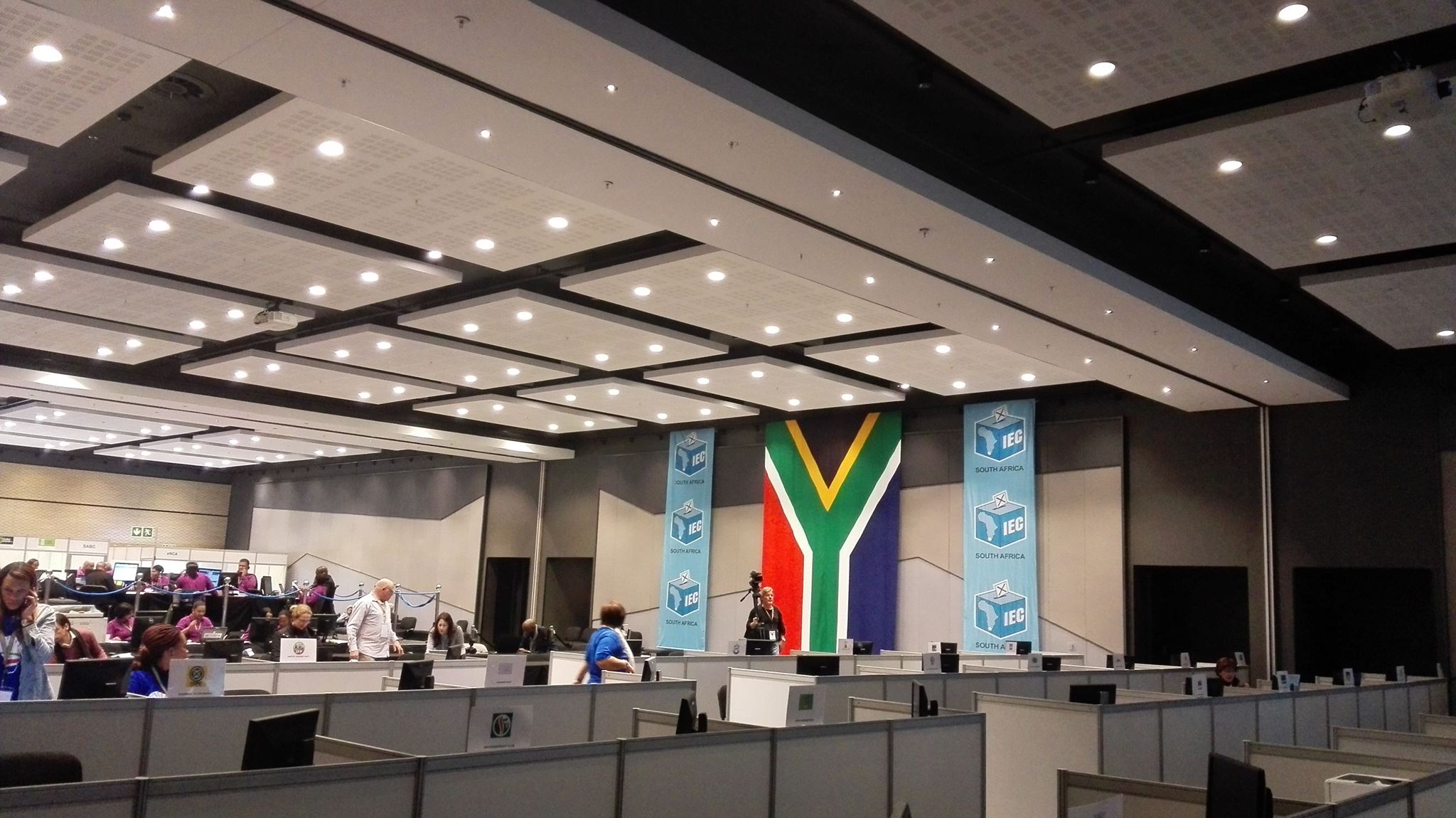The Muslim Judicial Council (MJC) has met with the Independent Electoral Commission (IEC) to discuss certain considerations for voters and electoral staff who are observing the fast on election day and the two days of special voting scheduled for 6 – 7 May. This comes amid questions from the public on whether the Muslim community’s holy month of Ramadan had been considered when making the decision to hold the elections on the 8th May 2019.
Ramadan will possibly commence on Tuesday 7 May, depending on the sighting of the new moon. Voting in the national and provincial elections will take place between 7am and 9pm on 8 May 2019, which means hundreds of Muslim electoral staff will be working on the day.
Following a meeting earlier this year, the MJC and the IEC have agreed to work together to ensure a smooth process of voting and a successful election.
According to the MJC, the IEC will assist in facilitating opportunities for the observance of prayer at each polling station for electoral staff and party agents. This will also include observance and facilitation of space in the breaking of the fast at sunset, where possible.
There is also a concession for voters. Should members of the Muslim community find it necessary, they may apply for a Special Vote which will provide an allowance to cast a vote on Monday 6 and Tuesday 7 May from 9am to 5pm. Applications for special votes open online and at IEC local offices from 4 to 18 April.
The MJC said it has reaffirmed its commitment to the democratic process and calls on the entire Muslim community, who are eligible, to cast their vote in the national elections.
“The National and Provincial Elections (NPE) is a necessary and key tool within any democratic society that ensures good governance, political stability and political accountability to the electorate. The participation in the elections is a requisite civic duty placed on all citizens who have registered and who are able to participate,” said MJC deputy president Maulana Abdul Khaliq Allie.
“The observance of the fast should not be seen as an isolated event but rather part of our daily lives, with the exception that we are in a state of heightened self-reflection and contemplation on the society around us.” VOC






 WhatsApp us
WhatsApp us 

